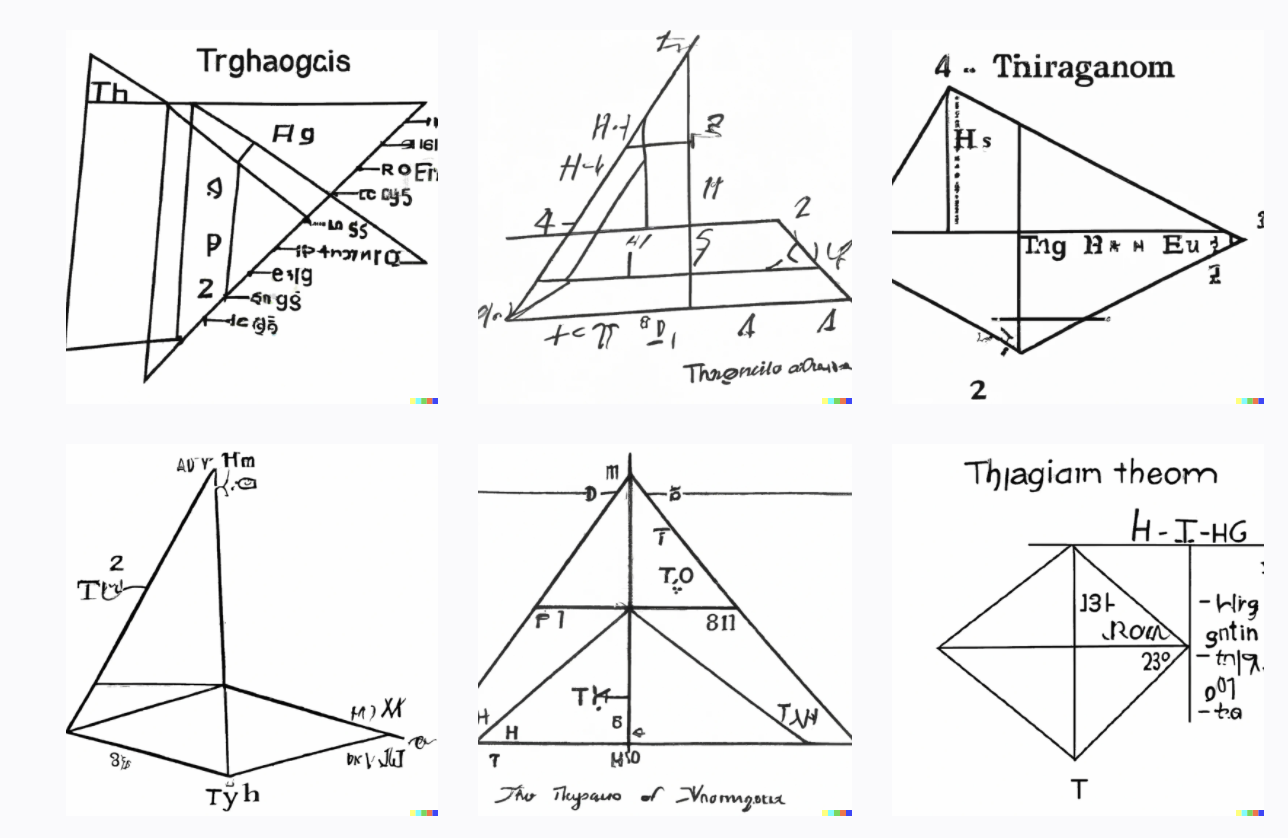What DALL-E 2 can and cannot do
I got access to DALL-E 2 earlier this week, and have spent the last few days (probably adding up to dozens of hours) playing with it, with the goal of mapping out its performance in various areas – and, of course, ending up with some epic art. Below, I've compiled a list of observations made about DALL-E, along with examples. If you want to request art of a particular scene, or to test see what a particular prompt does, feel free to comment with your requests. DALL-E's strengths Stock photography content It's stunning at creating photorealistic content for anything that (this is my guess, at least) has a broad repertoire of online stock images – which is perhaps less interesting because if I wanted a stock photo of (rolls dice) a polar bear, Google Images already has me covered. DALL-E performs somewhat better at discrete objects and close-up photographs than at larger scenes, but it can do photographs of city skylines, or National Geographic-style nature scenes, tolerably well (just don't look too closely at the textures or detailing.) Some highlights: * Clothing design: DALL-E has a reasonable if not perfect understanding of clothing styles, and especially for women's clothes and with the stylistic guidance of "displayed on a store mannequin" or "modeling photoshoot" etc, it can produce some gorgeous and creative outfits. It does especially plausible-looking wedding dresses – maybe because wedding dresses are especially consistent in aesthetic, and online photos of them are likely to be high quality? a "toga style wedding dress, displayed on a store mannequin" * Close-ups of cute animals. DALL-E can pull off scenes with several elements, and often produce something that I would buy was a real photo if I scrolled past it on Tumblr. "kittens playing with yarn in a sunbeam" * Close-ups of food. These can be a little more uncanny valley – and I don't know what's up with the apparent boiled eggs in there – but DALL-E absolutely has the plating style fo




I enjoyed a few things about it, but I think what brought it all the way from "oof, that was well written but I'm not sure I enjoyed the experience" to having some fun reading and mulling on it is that, as a writer, I've spent a long time trying to build out my repertoire for writing actually "bad" antagonist characters. (I think this improves the conflict in stories – when I succeed, it clearly increases beta reader engagement even if that engagement consists entirely of "WOW I HATE THEM SO MUCH" – and also, like, writing any characters at all who aren't unbearably earnest Hufflepuffs was a challenge for me).
This story... (read more)